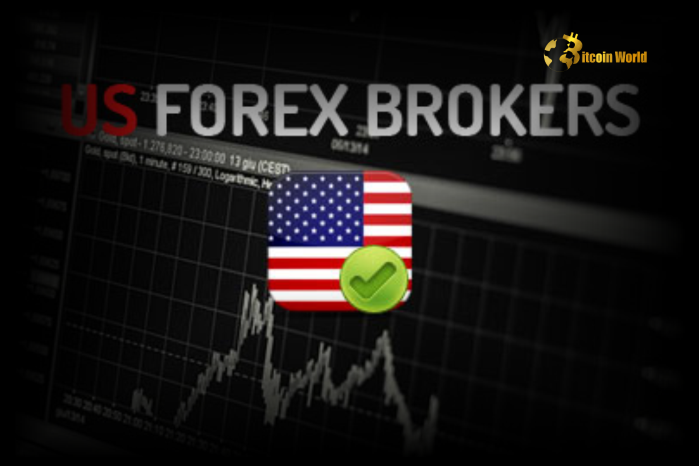How to Choose a Forex Broker in America
How to Choose a Forex Broker in America
Blog Article
How to Get Started with Forex Trading in the US
International exchange, or Forex trading, draws countless participants in the United Claims every year. Their large size and liquidity allow it to be one of the most interesting areas globally. Nevertheless, forex in america. has a unique and rigid way of regulating Forex activities. If you are seeking to industry currencies or just desire to understand how appropriate frameworks shape the Forex market, knowledge these regulations is crucial.

Essential Appropriate Frameworks Surrounding Forex in the US
Forex regulation in the United States stands apart due to its complete risk regulates and customer protections. Two major government bodies oversee most Forex actions:
• Item Futures Trading Commission (CFTC)
• National Futures Association (NFA)
The CFTC, made in 1974, is assigned with regulating the futures and possibilities areas, international trade included. The NFA, as a self-regulatory firm, operates tightly with the CFTC to enforce rules and maintain equity in trading practices.
Subscription and Submission
Every Forex supplier or broker doing business with U.S. citizens must register with both CFTC and NFA. These entities are also needed to stick to rigorous detailed requirements, including:
• Minimal internet money demands (often greater than in other countries)
• Continuous audits
• Strong anti-money laundering (AML) policies
• Transparent chance disclosure
Violations may lead to hefty fines or a lasting bar from the market. This regulatory framework aims to prevent scam, protect investors, and improve market integrity.
Important Restrictions on Forex Actions
Foundational rights affect how Forex runs in the U.S.:
• Power limits: The NFA units a maximum control of 50:1 for significant currency sets and 20:1 for minors. That is far lower than several worldwide areas, supporting defend new traders from significant losses.
• Segregation of funds: U.S. law involves that customer funds are held separate from broker operational funds. That measure safeguards traders in case a broker becomes insolvent.
• Marketing and disclosure: Firms must clearly describe risks, charges, and trading mechanisms to clients. Deceptive or intense solicitation methods face rigid penalties.
Enforcement and Penalties
U.S. agencies regularly monitor for fraudulent schemes, insider trading, and illicit market manipulation. Statistical data from enforcement reports reveals a consistent sample of penalties and settlements lately, showing continuing vigilance. That atmosphere, while stricter than many parts of the planet, generates a safer playing subject for retail and institutional traders alike.
What to Contemplate as a US Forex Trader
New trends reveal a continuing increase in regulatory activities, an emphasis on customer education, and constant changes to compliance requirements. If you intend to business Forex in the U.S., it's essential to:
• Validate a broker's productive enrollment status
• Stay current with regulatory changes
• Review risk disclosures before making trades
This process decreases unforeseen deficits and enhances your prospects in a tightly governed but strong marketplace. By knowledge appropriate regulations, U.S. traders may confidently be involved in the Forex market while staying within the parameters of the law.
Report this page